Artificial intelligence (AI) is becoming increasingly popular in primary and secondary schools across China, providing a modern educational approach while cultivating students' scientific thinking and innovation skills.
Huiwen Middle School in Tianjin, northern China, is one of the first schools in the city to apply AI to education. Ning Zhaohong, director of the school’s innovation center, said the project to apply AI in training was launched nearly 7 years ago.
In 2017, the school established a club called “Huimin Singularity” to enhance students’ extracurricular experiences and provide opportunities for those interested in AI. “In the early stages, since we were all beginners in building, operating, and programming robots, we relied mainly on self-study and research,” said Zhao Hong. Most club members participate in robotics competitions.
In their spare time, students and teachers participated in robotics competitions together. After many challenges, they also won the championship in this field. Gradually, the club became more known through regular robot demonstrations and drone control activities, attracting more and more students to participate.
Since 2022, "Huiwen Singularity" has been officially recognized as an extracurricular program of Huiwen School, providing opportunities for all students to participate. In addition, the school also implements technological innovation courses for students.
Mr. Ninh Trieu Hong expressed pride in witnessing the journey of development from a club of individuals with similar interests to expanding to students, from a single instructor to a cohesive group, and from basic technology exercises to comprehensive AI education.
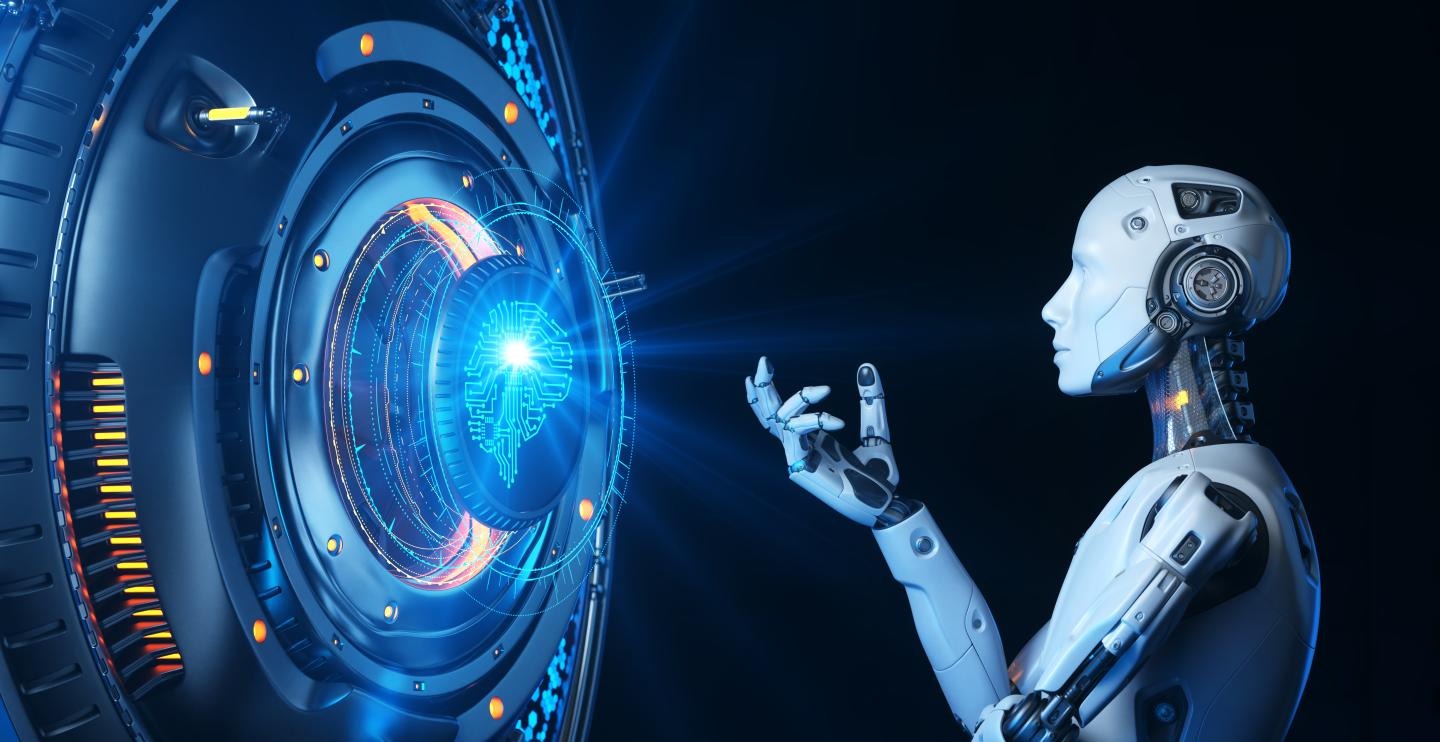
Illustration
Improving teachers' AI skills
“AI courses should be considered a core element of the educational foundation in primary and secondary schools,” said Khuc Vi, principal of Hue Van School. According to him, students should not limit their learning about robots to applications in chess or assembly line operations, but should also participate in basic programs to develop scientific thinking.
As hardware infrastructure improves and teachers and students gain a deeper understanding of AI, the technology has become a popular tool and is being effectively applied in many subjects.
Before each class, classroom “AI assistants” can review the main content of the previous day’s lesson. AI assistants can also assess students’ English reading ability. PE teachers use robots to assess students’ athletic performance in real time and help them improve their middle-distance running technique...
From a science club to integrating AI into teaching, Huiwen Middle School's journey to bring AI into the classroom is seen as typical for many other primary and secondary schools across China.
At Beijing 101 Middle School, AI-based listening and speaking systems have been integrated into English classes. Similarly, in Fujian, teachers are using AI and big data technology to stimulate students’ interest in learning.
"Bringing AI into the classroom has created positive changes for both students and teachers. In the future, we will continue to improve teachers' ability to use AI to enrich and improve related subjects," said Mr. Khuc Vi.
Source: VNA
Source: https://phunuvietnam.vn/tri-tue-nhan-tao-dinh-hinh-lai-phuong-phap-giang-day-tai-trung-quoc-20240716120509494.htm





![[Photo] Prime Minister Pham Minh Chinh chairs meeting to urge highway projects](https://vstatic.vietnam.vn/vietnam/resource/IMAGE/2025/3/29/6a3e175f69ea45f8bfc3c272cde3e27a)

![[Photo] Dong Ho Paintings - Old Styles Tell Modern Stories](https://vstatic.vietnam.vn/vietnam/resource/IMAGE/2025/3/29/317613ad8519462488572377727dda93)
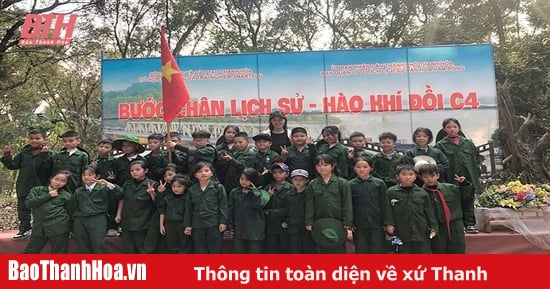

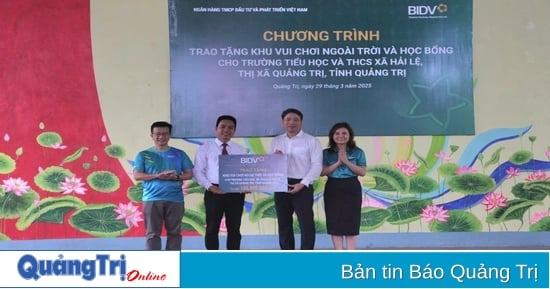

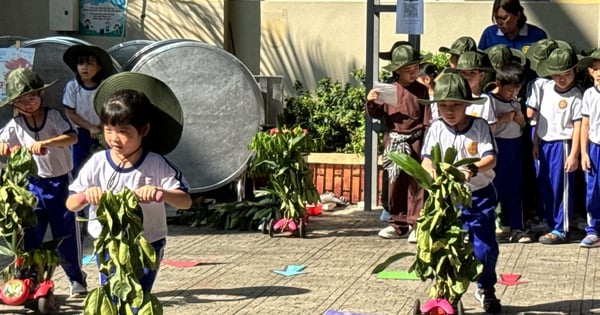





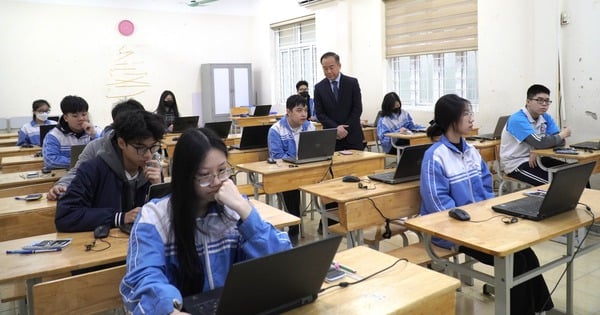
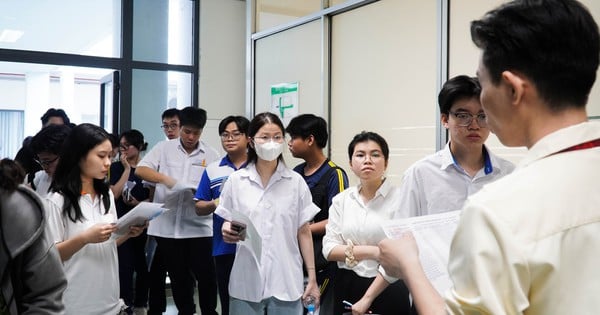
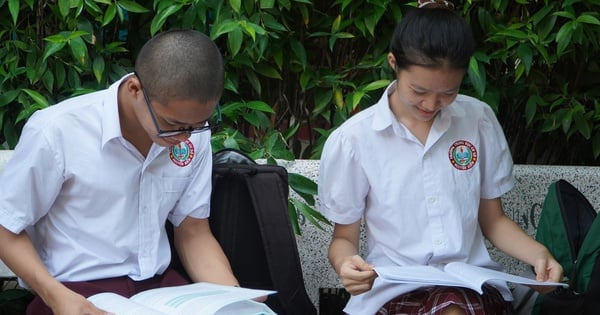
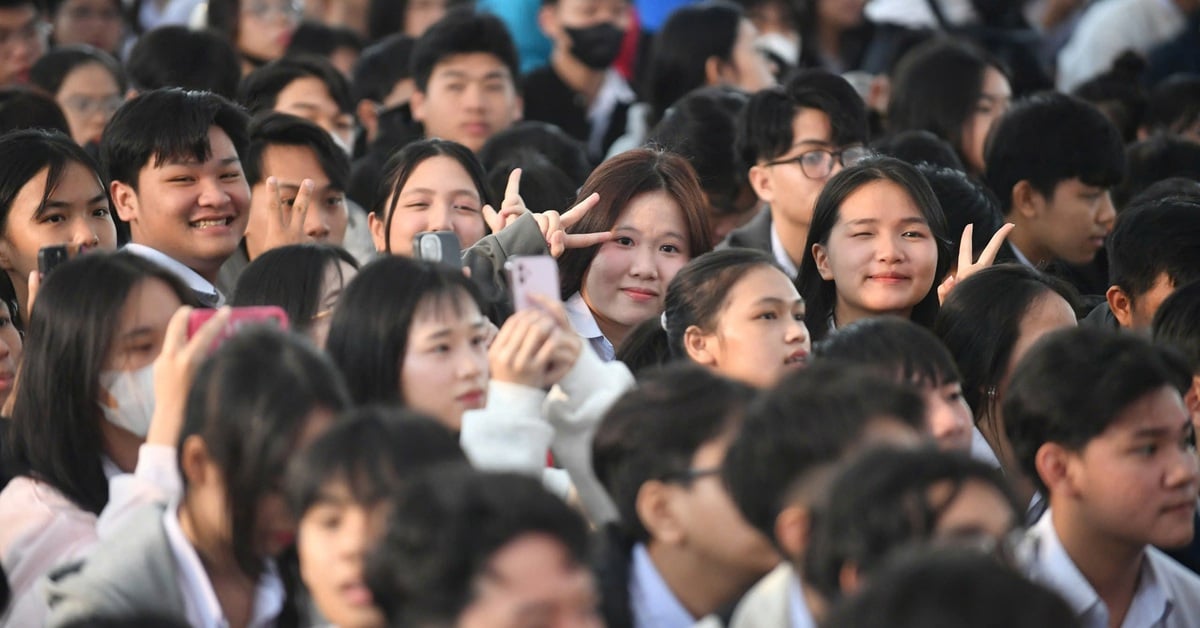



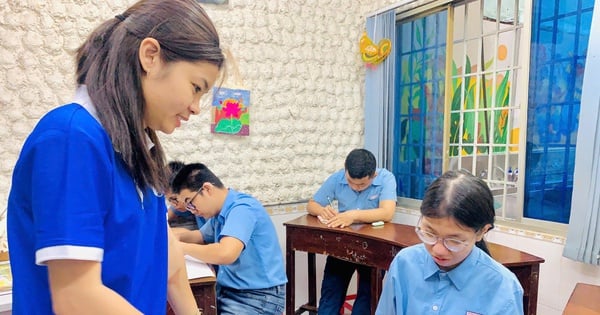
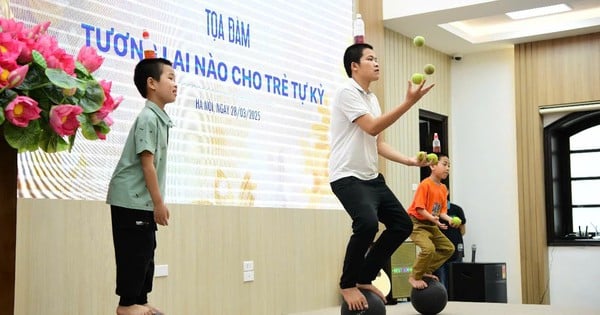



![[Photo] Prime Minister Pham Minh Chinh and Brazilian President Luiz Inácio Lula da Silva attend the Vietnam-Brazil Economic Forum](https://vstatic.vietnam.vn/vietnam/resource/IMAGE/2025/3/29/f3fd11b0421949878011a8f5da318635)















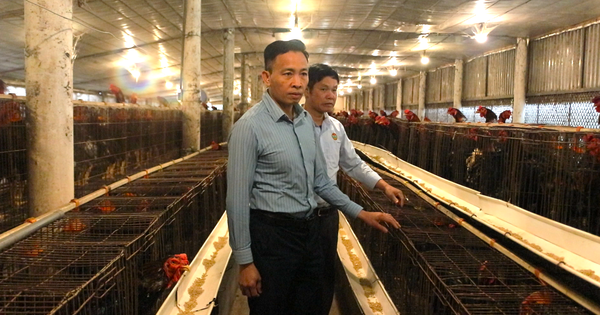



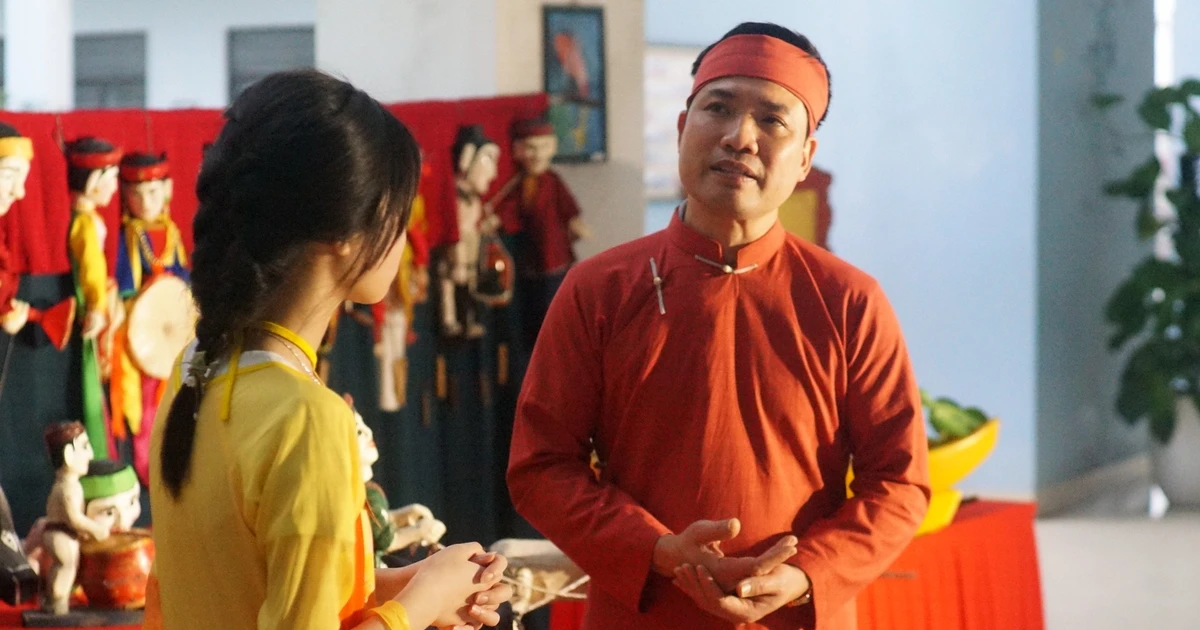
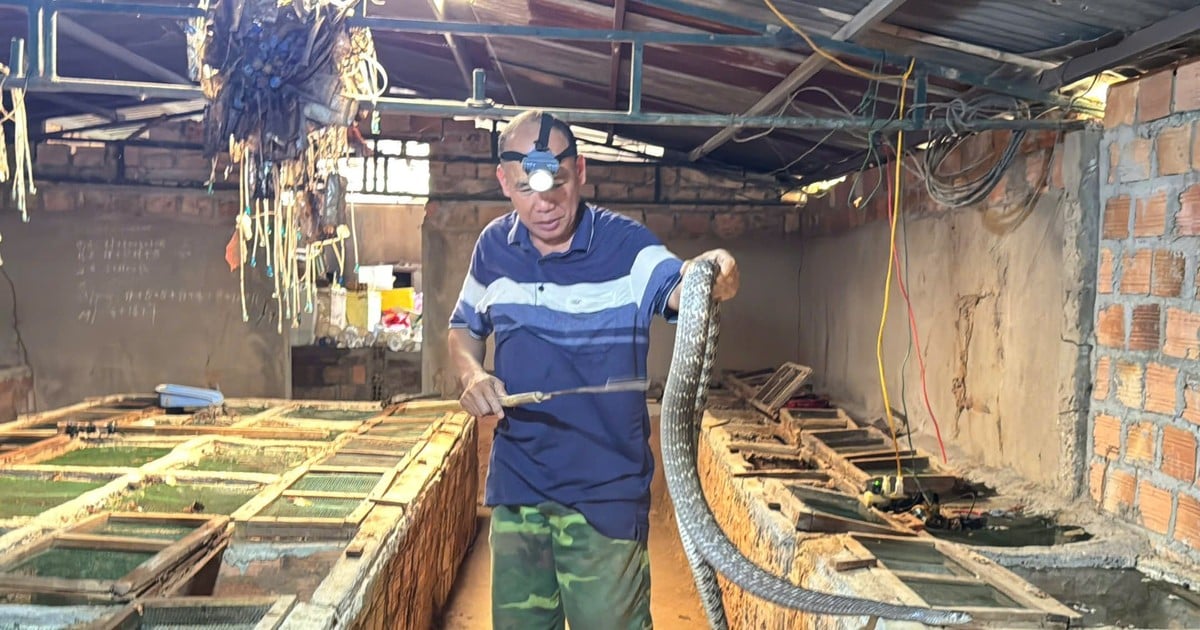









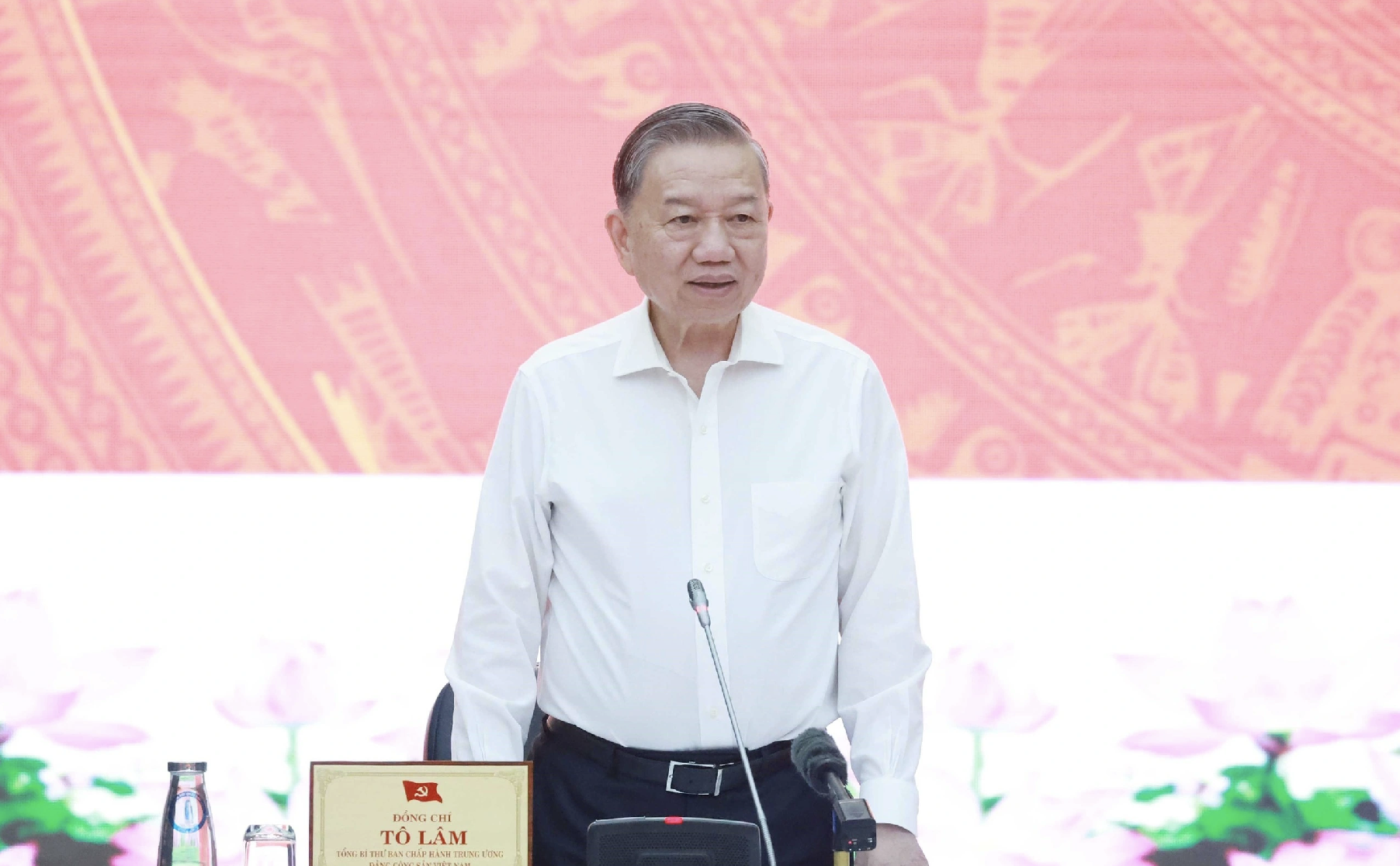

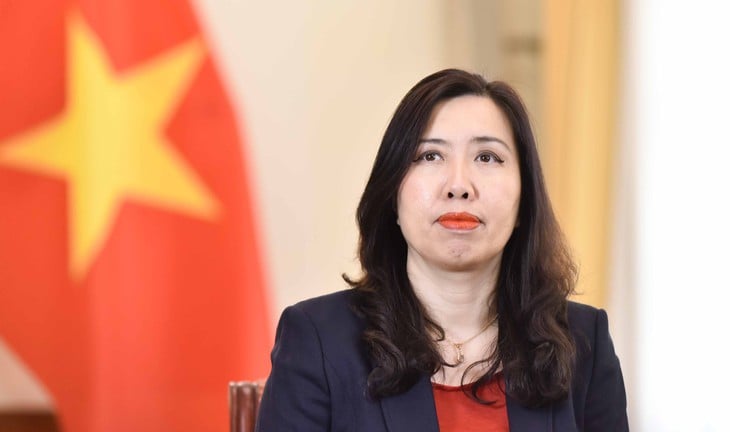


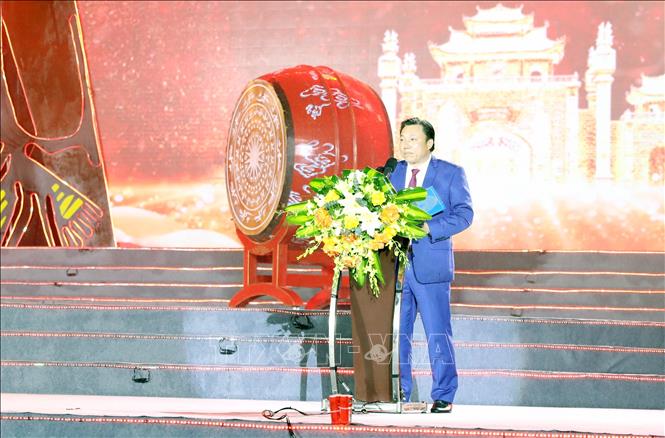



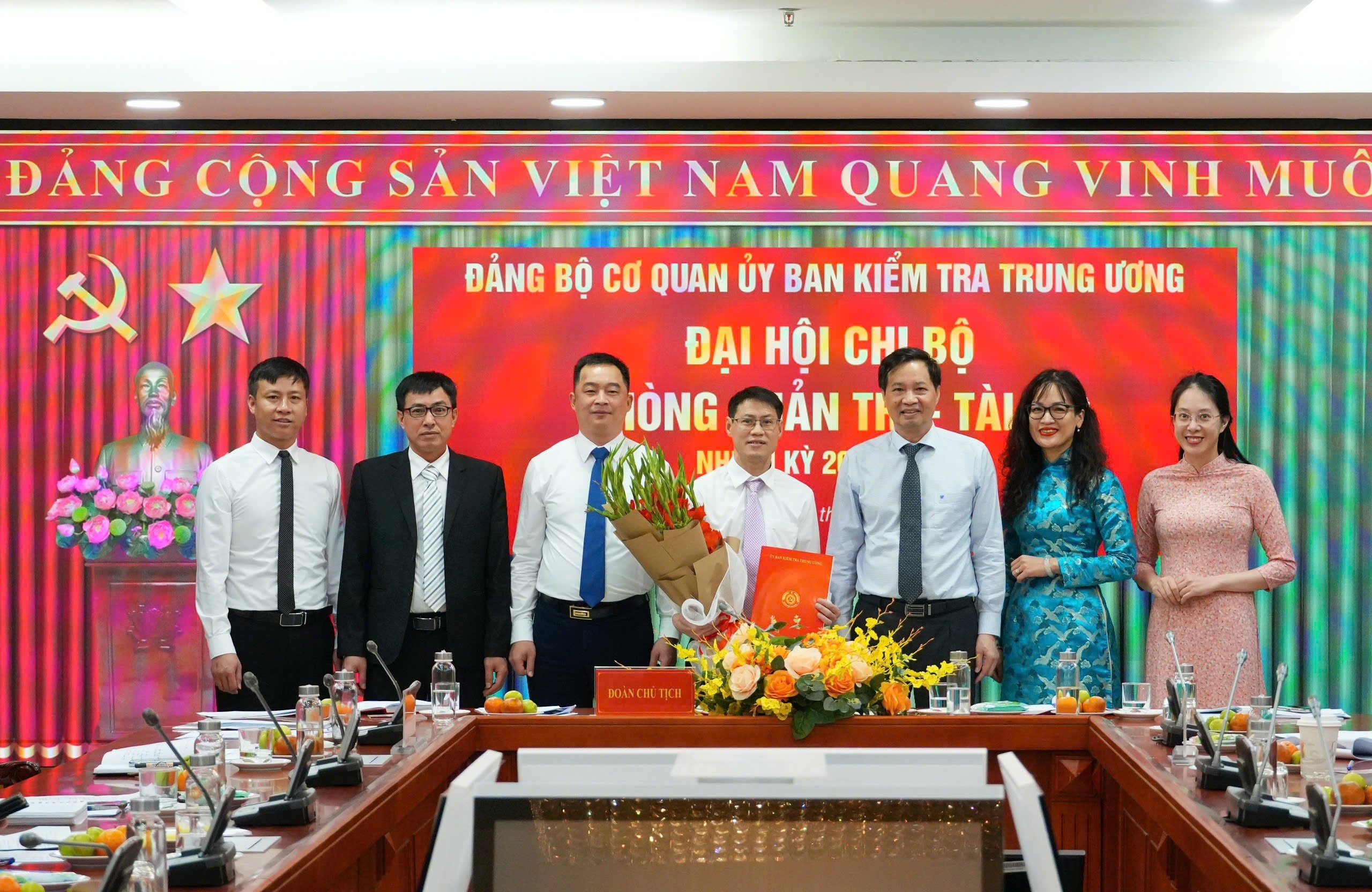
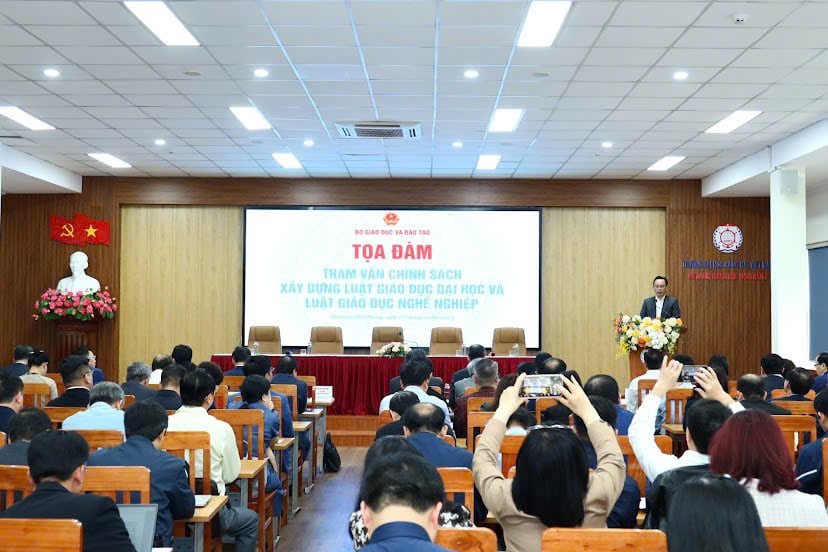

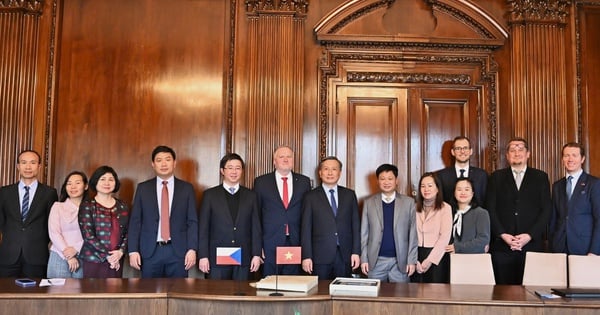

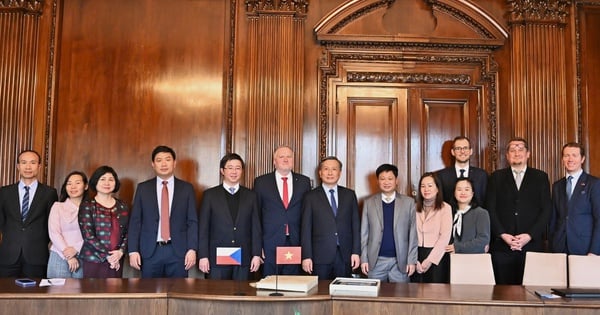
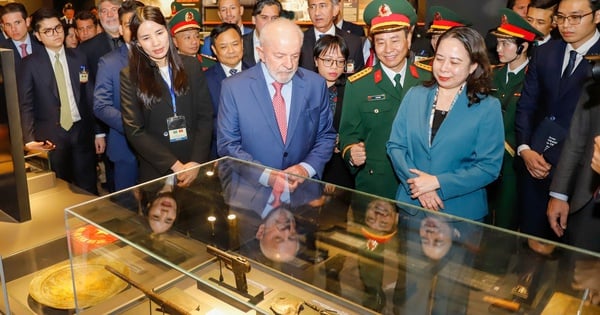





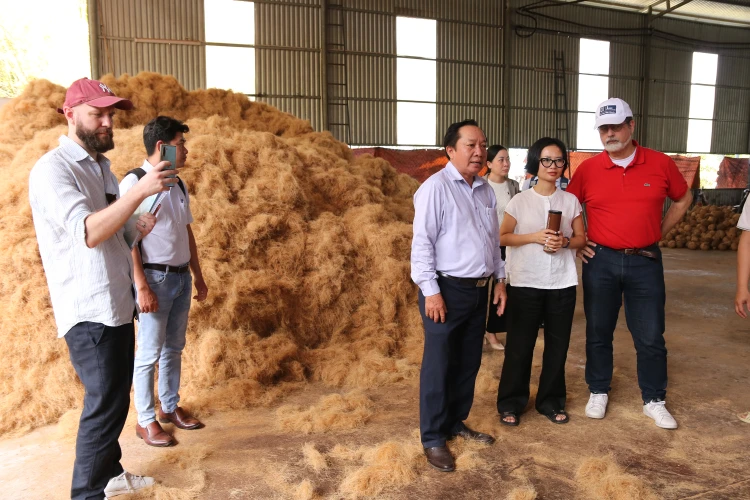

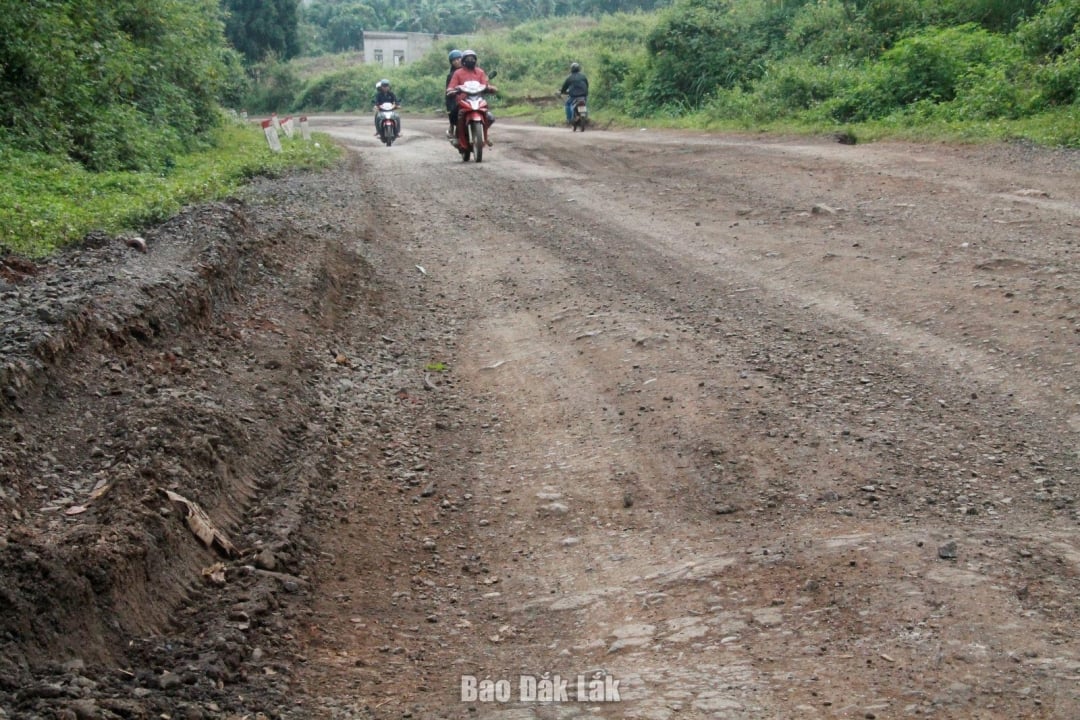





![[REVIEW OCOP] An Lanh Huong Vet Yen Cat](https://vstatic.vietnam.vn/vietnam/resource/IMAGE/2025/3/27/c25032328e9a47be9991d5be7c0cad8c)








Comment (0)